Dhaka, Apr 14 (V7N) —It is the season of Boishakh once more. We welcome once again that time of year when the Bengali celebrates his heritage and, through that celebration, reflects on his place in the universal scheme of things. For the Bengali, like millions of others across the globe, has a claim on history based on the cultural traditions his ancestors shaped for him—traditions he renews annually through Boishakh.
There is, then, about Boishakh something pastoral. In that broader sense of meaning—and quite removed from the formalities attendant on its advent in these largely post-modern times—it is the village, the timelessness of agrarian life, that Boishakh recalls every year. There is a plenitude of colour, an abundance of music redolent of Boishakh. Add to that colour and melody the power of nature to remind the world of what it does—or can do—to make its presence felt once again.
In the low clouds hanging over the rustic fields, in the winds sweeping across the earth before flashes of lightning and ferocious thunderclaps precede the rain, comes that reminder of Boishakh being very much a local affair for the people of this land—as it is for those in the half of it that today belongs to another nation. Boishakh transcends the frontiers that demarcate the political realities which now define life in what was once a whole, unified Bengal.
And yet Boishakh brings all Bengalis—here, over there, and across the global Bengali diaspora—together in a spontaneous offering of homage to the land and to the natural elements that have sustained it for thousands of years. Boishakh is all that and more. It is a symbol of all the good the Bengali can claim for himself through the poetry flowing from the minds of his greatest men. Rabindranath Tagore, Kazi Nazrul Islam, Dwijendra Lal Roy, Atulprasad, and so many others have sung paeans to Bengal through the media of song and dance. Through the mysticism that defines faith, through the devotional songs of Lalon and Hason Raja, Boishakh rediscovers the aesthetics of life in these parts.
Yes, this morning it is truly a celebration of the past that we lose ourselves in. Boishakh is all about losing oneself in order to reinvent oneself. The Bengali spirit—so often a hallmark of its politics and its poetry—once more returns to the magic inherent in its heritage in order to expand the cultural parameters of the future.
In Boishakh, there are all the intimations of rain about to descend on the earth, of storms ready to blow, of the rainbow taking hold of the imagination. In the waterfall laughter of women is a lilt that softly touches the soul. In the conversations of men are heard the stirrings of the flute, which long ago coursed through the hamlets of this land—and will be heard once again this morning.
On Pohela Boishakh, we celebrate ourselves. We celebrate all that is of us, that was our ancestors’, and that will be our children’s.
Shubho Nababarsha to all Bengalis—indeed, to everyone who inhabits and shares the Earth with us.
END/MSS/AJ



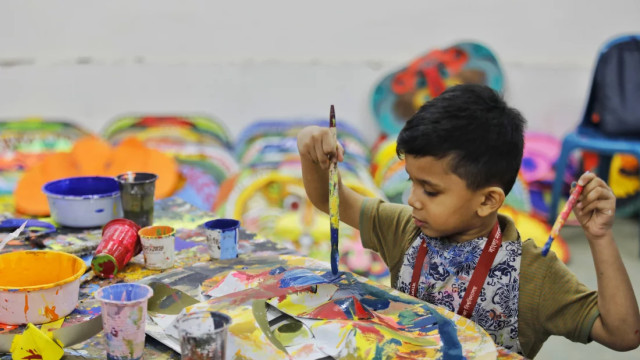
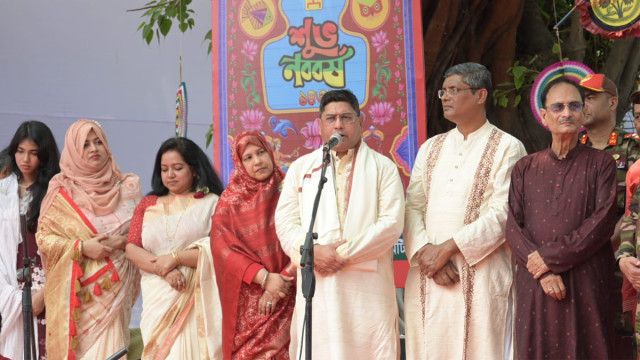
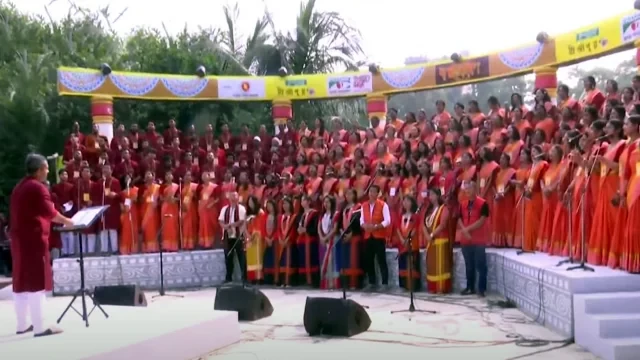
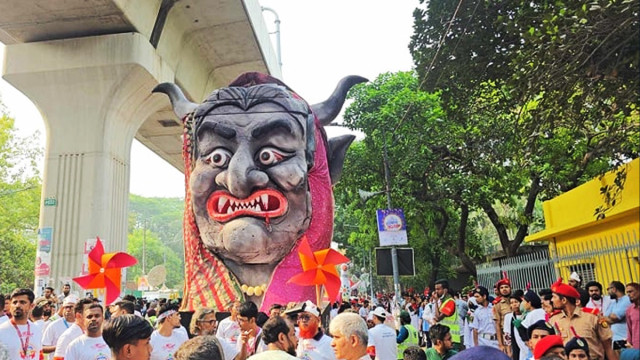
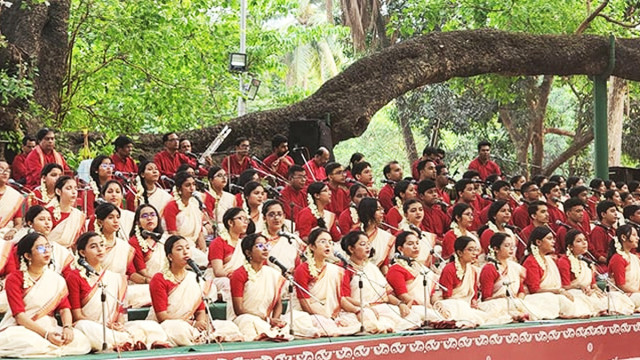
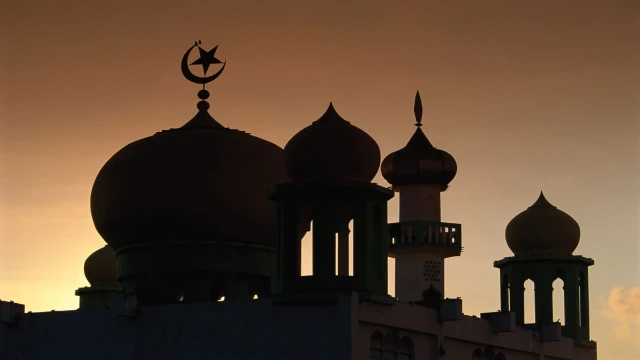

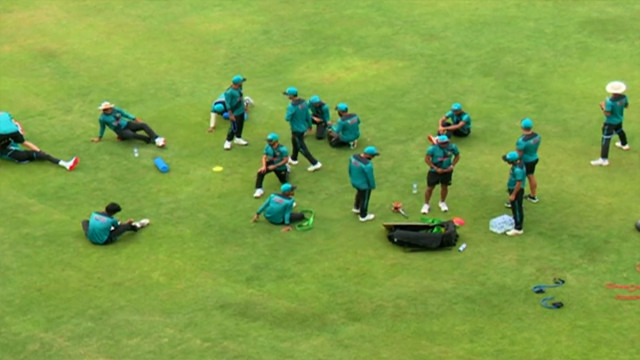


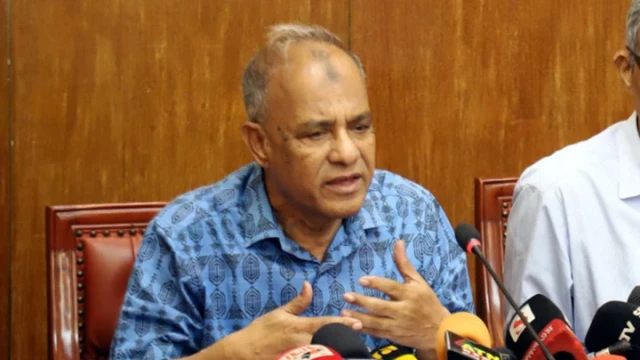
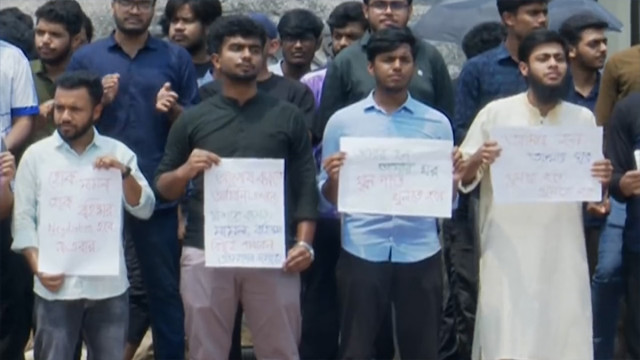


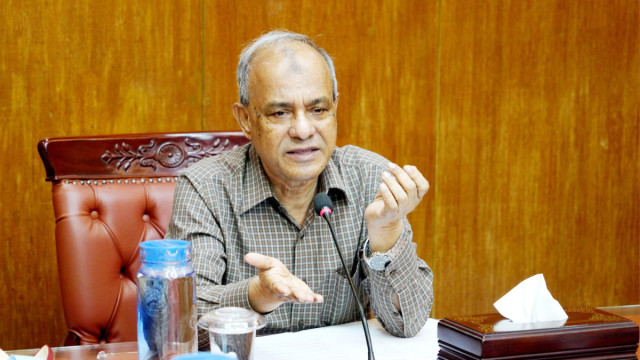


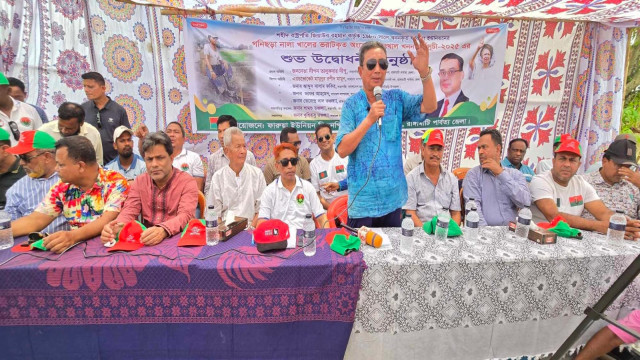

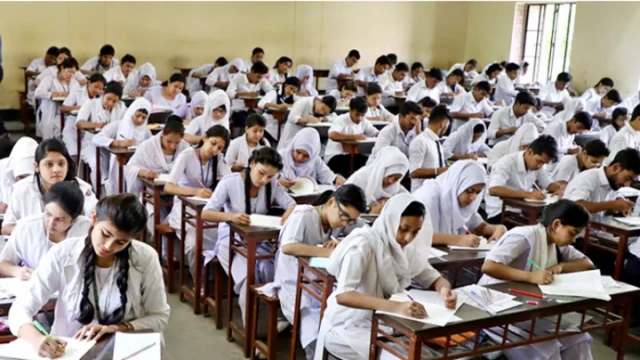


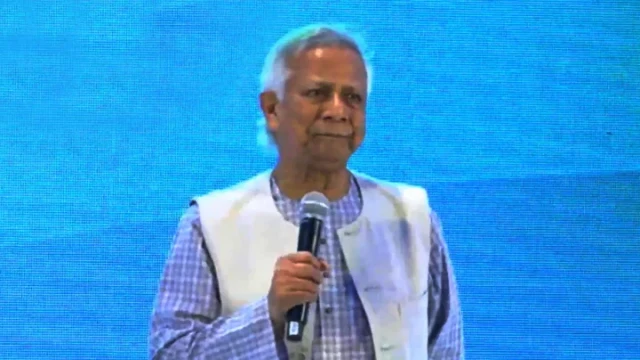
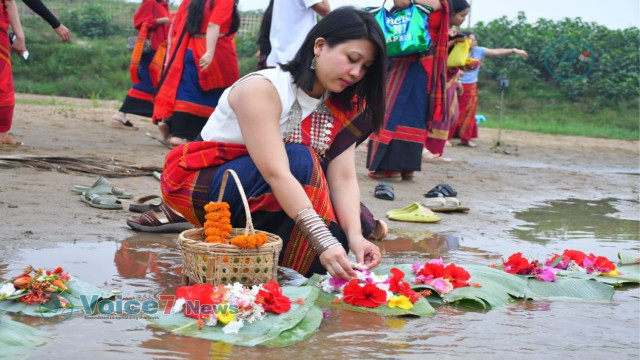
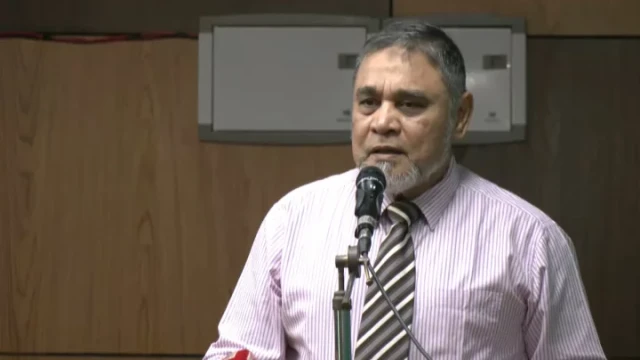
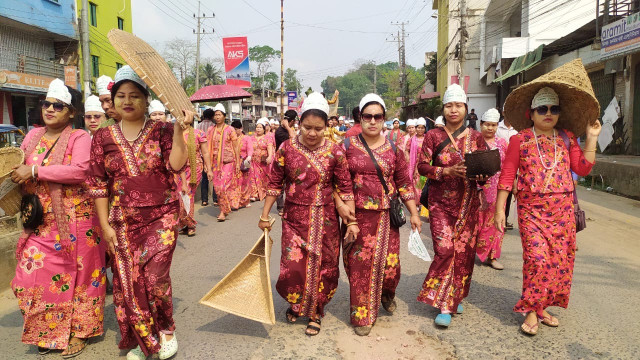
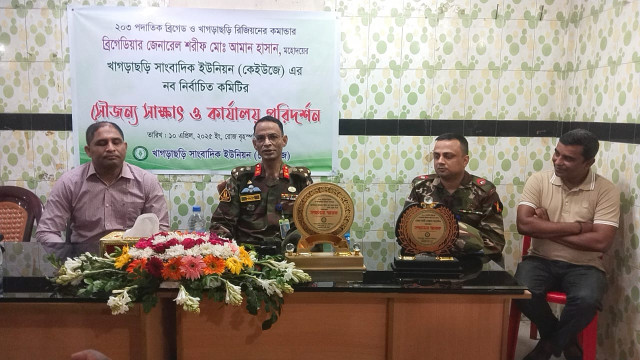
Comment: